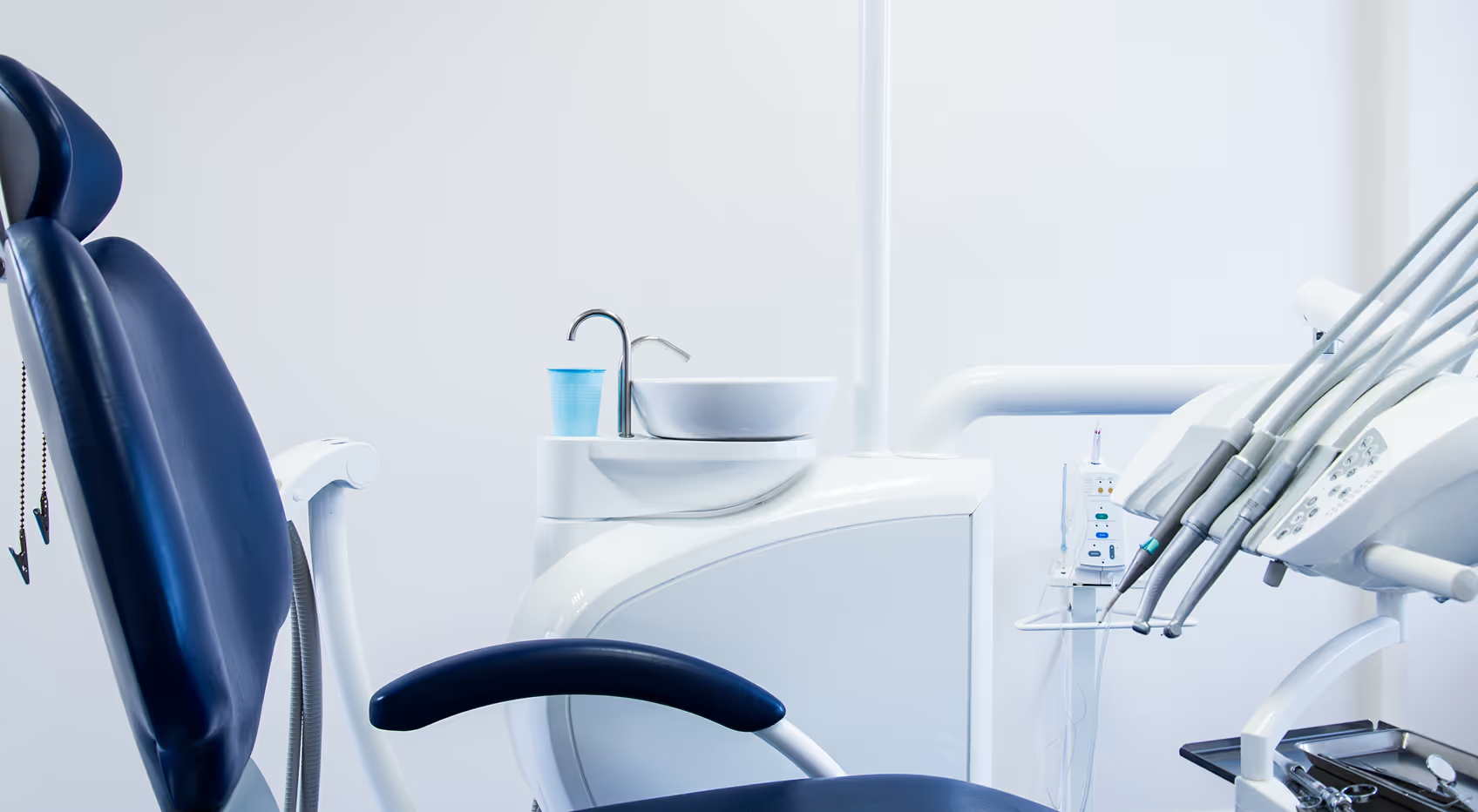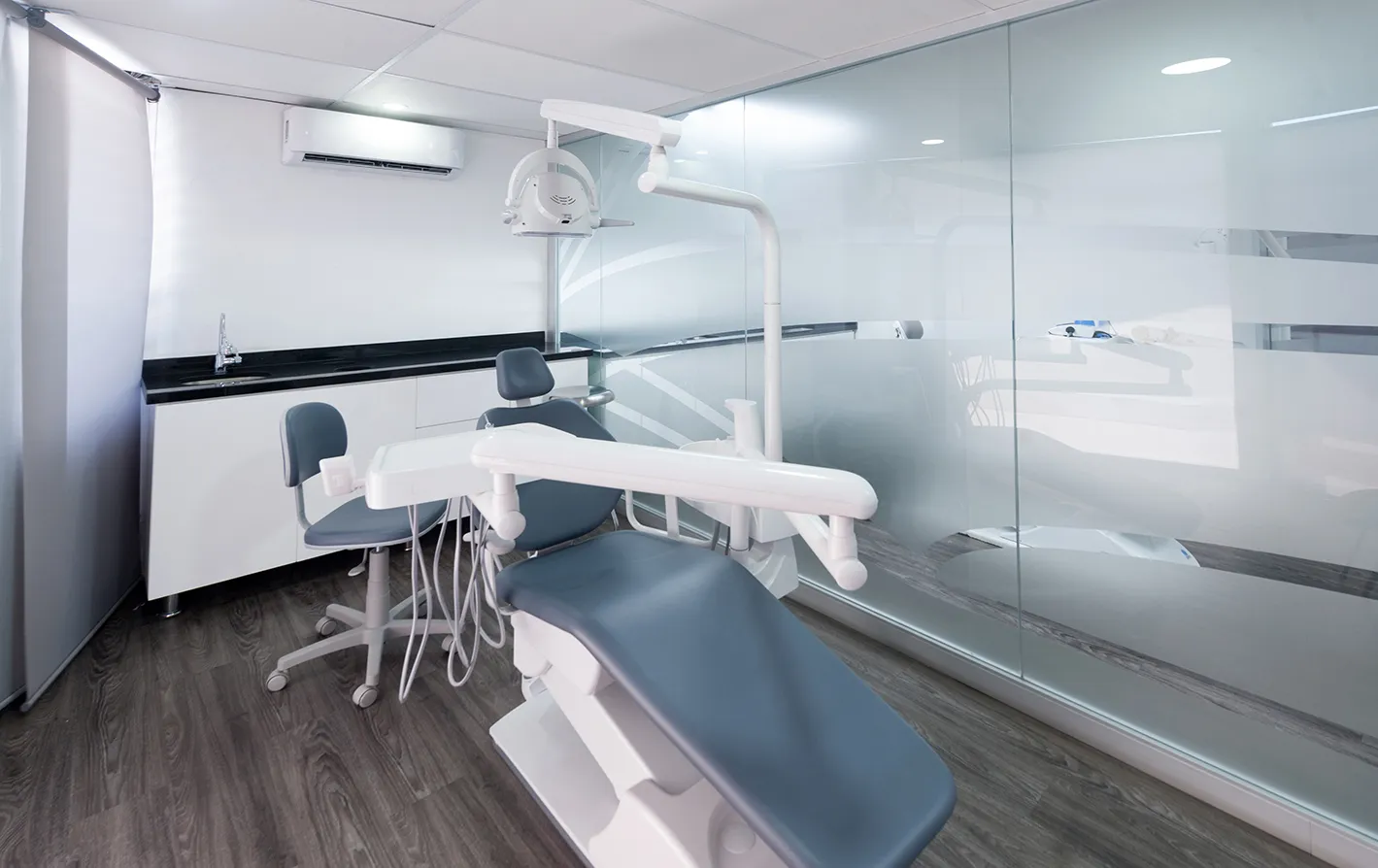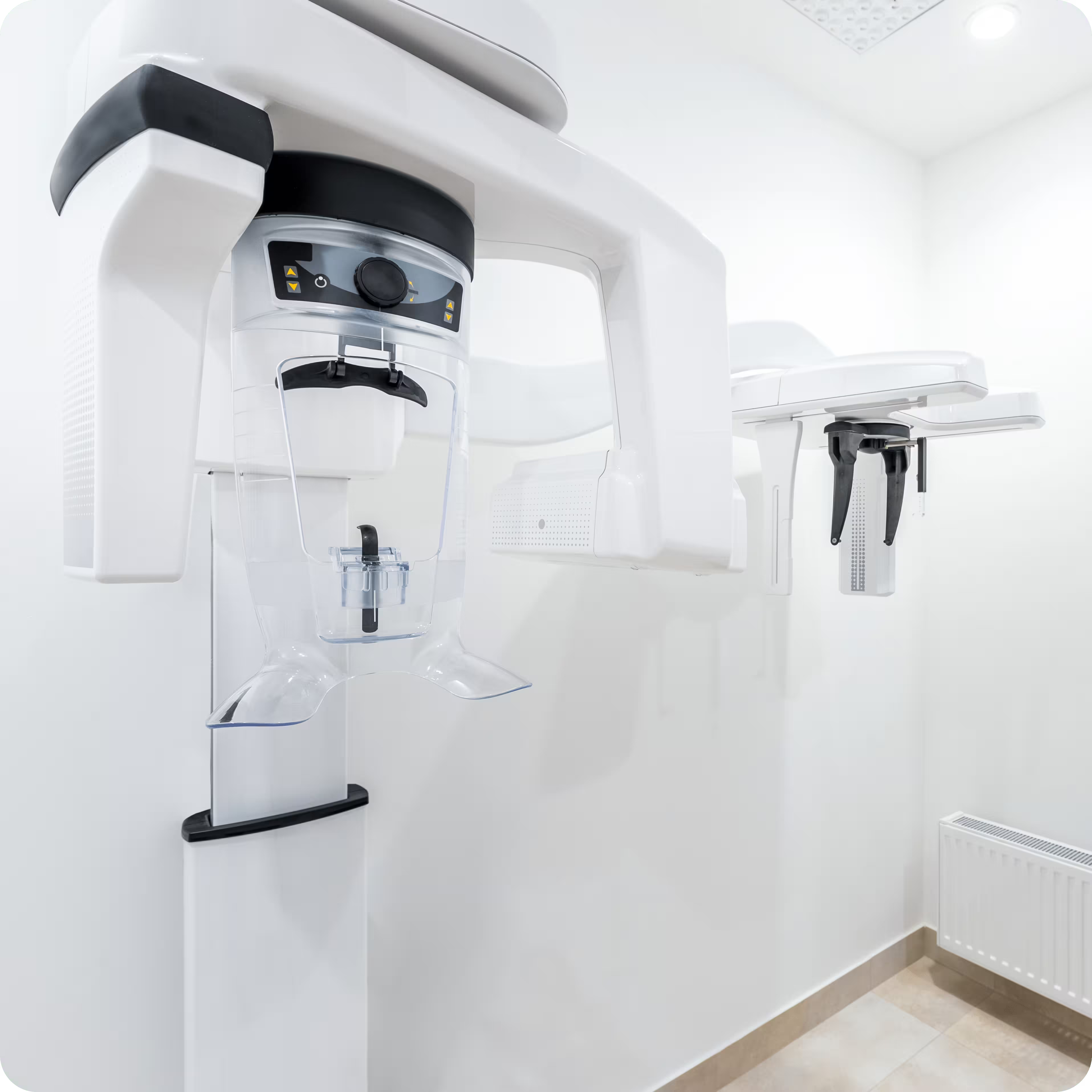
Rhodes & Rhodes Family Dentistry
General Dentist in Tuscaloosa, AL
Judgment-free, high-tech, and always personal—that’s dental care done the Rhodes way.
More Than a Dentist Office

We’re not just treating teeth—we’re caring for people.
At Rhodes & Rhodes Family Dentistry, we’ve created a space where families feel welcome, comfort is a priority, and high-quality care meets small-town heart.
From your first visit, you’ll see what makes us different.
Meet The Rhodes Sisters
Skilled professionals dedicated to your dental wellness

Dr. Belinda Rhodes King, DDS
Tuscaloosa native. Detail-focused. Heart-led. Dr. BeBe brings years of experience, a deep connection to the community, and a calming touch to every appointment.


Dr. Melinda Rhodes King, DDS
Known as Dr. MeMe, she blends advanced cosmetic and general care with warmth and professionalism. Patients trust her for results that look as good as they feel.

Shaping Tuscaloosa Smiles
Laminates

A thinner, ultra-natural veneer alternative to transform your smile with minimal prep.
Crowns
.avif)
Durable and beautiful, our ceramic and porcelain crowns restore strength and aesthetics.
Dental Fillings
.avif)
Tooth-colored composite fillings that protect your teeth while blending right in.
Clear Aligners

Discreetly straighten your smile—no wires, no metal, just results. Includes retainer repair.
Dental Implants
.avif)
Replace missing teeth for good. Our implant solutions look and feel just like the real thing.
Sleep Apnea Treatment
.avif)
Custom snore guards and oral appliances offer a restful alternative to bulky CPAP machines.

Powered by Precision
We use advanced tools like iTero® digital impressions, 3D CBCT imaging, intraoral cameras, and digital X-rays to deliver efficient, accurate care. That means:
Fewer appointments
Better comfort
Smarter treatment planning

Visit us at:
6000 Old Greensboro Rd, Tuscaloosa, AL 35405

Tuscaloosa
Northport
Cottondale
Brookwood
Moundville
Holt
Coker
Vance

Let’s Make Your Smile a Priority
Ready to take the first step toward a healthier, more confident smile? Our team is here to help you feel comfortable, informed, and in control of your care.